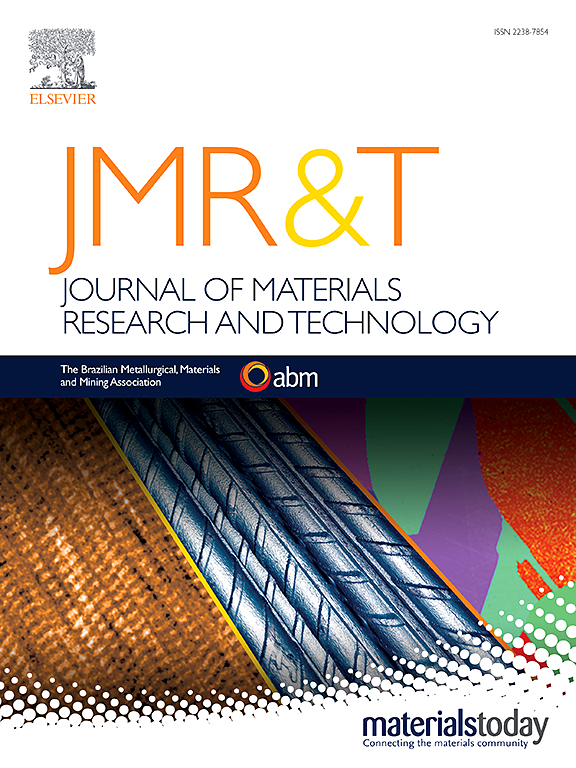Crack inhibition and crystallographic texture control in an additively manufactured IN738LC Ni-based superalloy
Abstract
The additive manufacturing of directionally solidified Ni-based superalloys remains a significant challenge due to the formation of stray equiaxed grains and their high susceptibility to cracking, particularly for high-volume γ´-type Ni-based superalloys. In this study, a novel strategy based on temperature field management was proposed to prevent hot cracking and control crystallographic texture during laser powder bed fusion (LPBF) of IN738LC superalloy. The influence of laser parameters and substrate preheating on crack density, melt pool morphology, and texture of IN738LC superalloy was investigated. The fluid dynamics and thermal behavior of melt pool was simulated using the discrete element model (DEM) and volume of fluid (VOF) method. The processing window for achieving defect-free IN738LC samples was established and was found to be highly affected by substrate preheating. Substrate preheating at 350 °C resulted in expanded processing window, with the volume energy density ranging from 42.9 to 62.5 J/mm³ without substrate preheating to 40–75 J/mm³. The enlarged processing window was achieved by reducing cracking susceptibility due to the reduced temperature gradient and cooling rate. A unique crystallographic lamellar microstructure (CLM), comprising a <110>-oriented major layer and <100>-oriented sub-layer along the building direction, was successfully achieved in the LPBF-processed IN738LC superalloy. The solidification conditions for obtaining such a CLM were discussed on the aspects of temperature gradient and solidification rate within the melt pool. This work provides new insights and methods for preparing crack-free γ´-Ni-based superalloys with specific textures, which is favorable for improving the high-temperature properties.

 求助内容:
求助内容: 应助结果提醒方式:
应助结果提醒方式:


